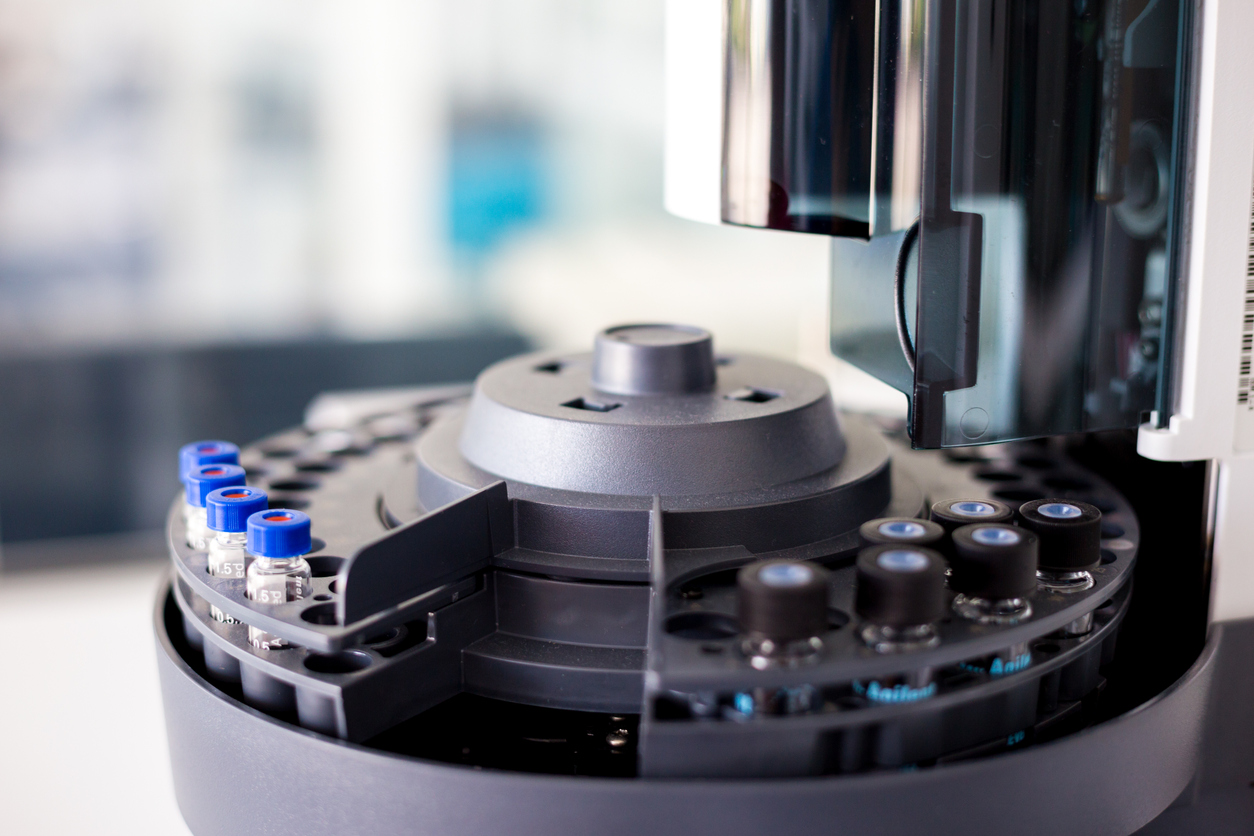Professor Colin Masters, AO, was awarded an Investigator Grant of $3million to undertake a five-year project answering questions on the causation and natural history of Alzheimer’s disease in an effort to advance disease modifying therapies.
He will bring together a multidisciplinary team at The Florey to explore major environmental risk factors of the disease and the genetic risk factors hindering the clearance of a protein known as Aβ-amyloid from the brain. The team will also develop machine learning and artificial intelligence algorithms for personalized medicine to help predict onset and rates of cognitive decline at various stages of Alzheimer’s disease.

Professor Masters, a leading researcher at the Florey, has spent his career investigating treatments for Alzheimer’s disease, beginning with the characterization of the Aβ-amyloid peptide in 1985. A build up of this peptide in the brain is considered a cause of Alzheimer’s disease, with researchers developing immunotherapies that clear Aβ-amyloid from the brain to reduce the impact of the disease.
“I am privileged to have had continuous NHMRC support since 1981, having spent the bulk of my research career unravelling the causes and natural history of major neurodegenerative diseases. My team has made significant advances in diagnostic and therapeutic strategies including the development of highly specific and accurate molecular imaging and biofluid tests that allow us to identify Alzheimer’s disease in its earliest preclinical stages,” said Professor Masters.
“This grant will allow us to continue those advances and to investigate disease modifying therapies that will have a major impact on the burden of these diseases.”
A separate Investigator Grant of $605,000 was also awarded to Dr Christopher Draper-Joyce to advance antipsychotic drug discovery for the treatment of schizophrenia.
Affecting around 150,000 Australian’s, schizophrenia is a chronic mental health condition. Antipsychotic medication to treat the condition is available but current drugs are often ineffective or have adverse side-effects.
The five-year grant will enable Dr Draper-Joyce of our drug discovery group to develop state-of-the-art protein engineering and structural biology to help address these current shortfalls in antipsychotic medication.
“I will investigate a range of protein receptors in the brain that help to mediate most cellular responses to hormones and neurotransmitters. This will form the basis of the development of new three-dimensional structures of receptors of interest and accelerate drug design. The Florey’s novel drug discovery technology will also help identify new starting points for the development of novel therapeutics for schizophrenia,” said Dr Draper-Joyce.
“This grant will help my team and I to provide important insights into therapeutic targets, both new and established, for development of new antipsychotic treatments.”
The Florey thanks the Federal Government for their continued funding of medical research and support of researchers like Professor Masters and Dr Draper-Joyce who are working to reduce the impact of neurological conditions on the lives of many Australians.
